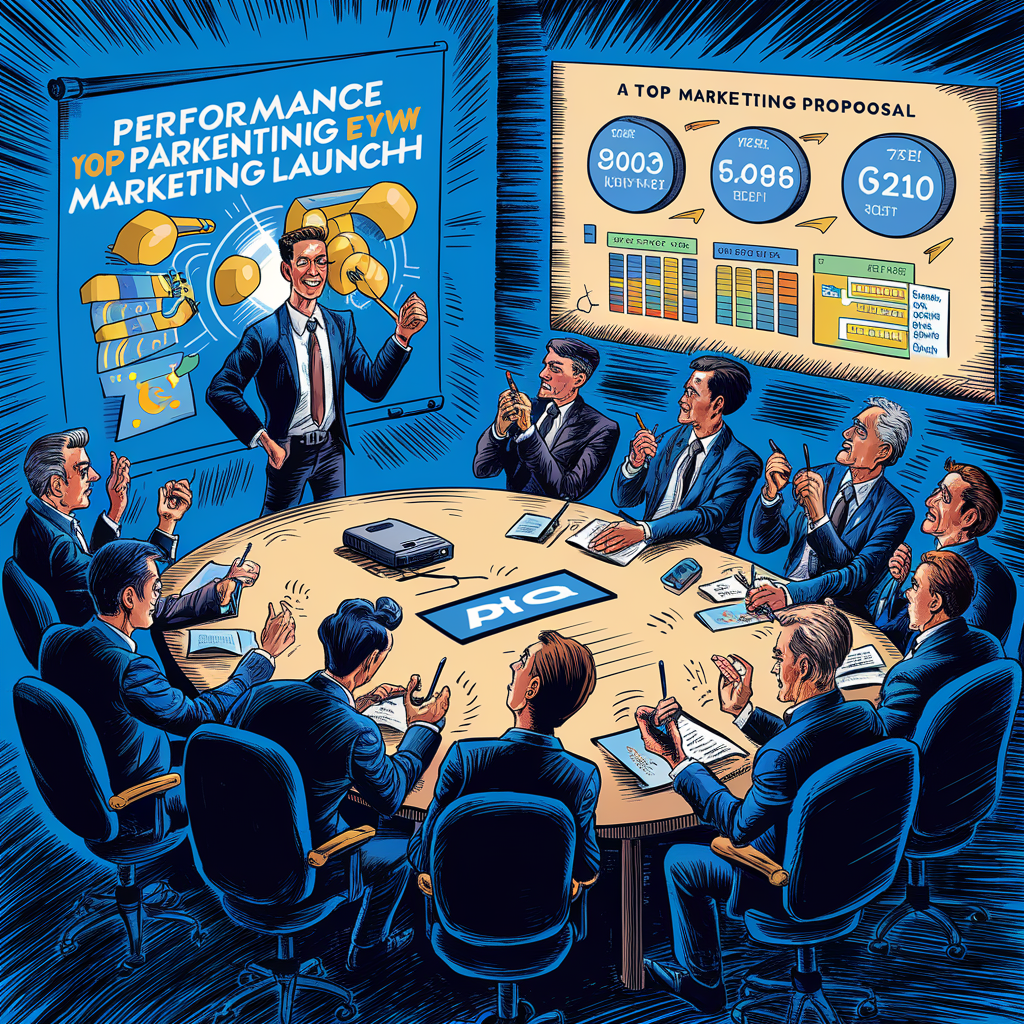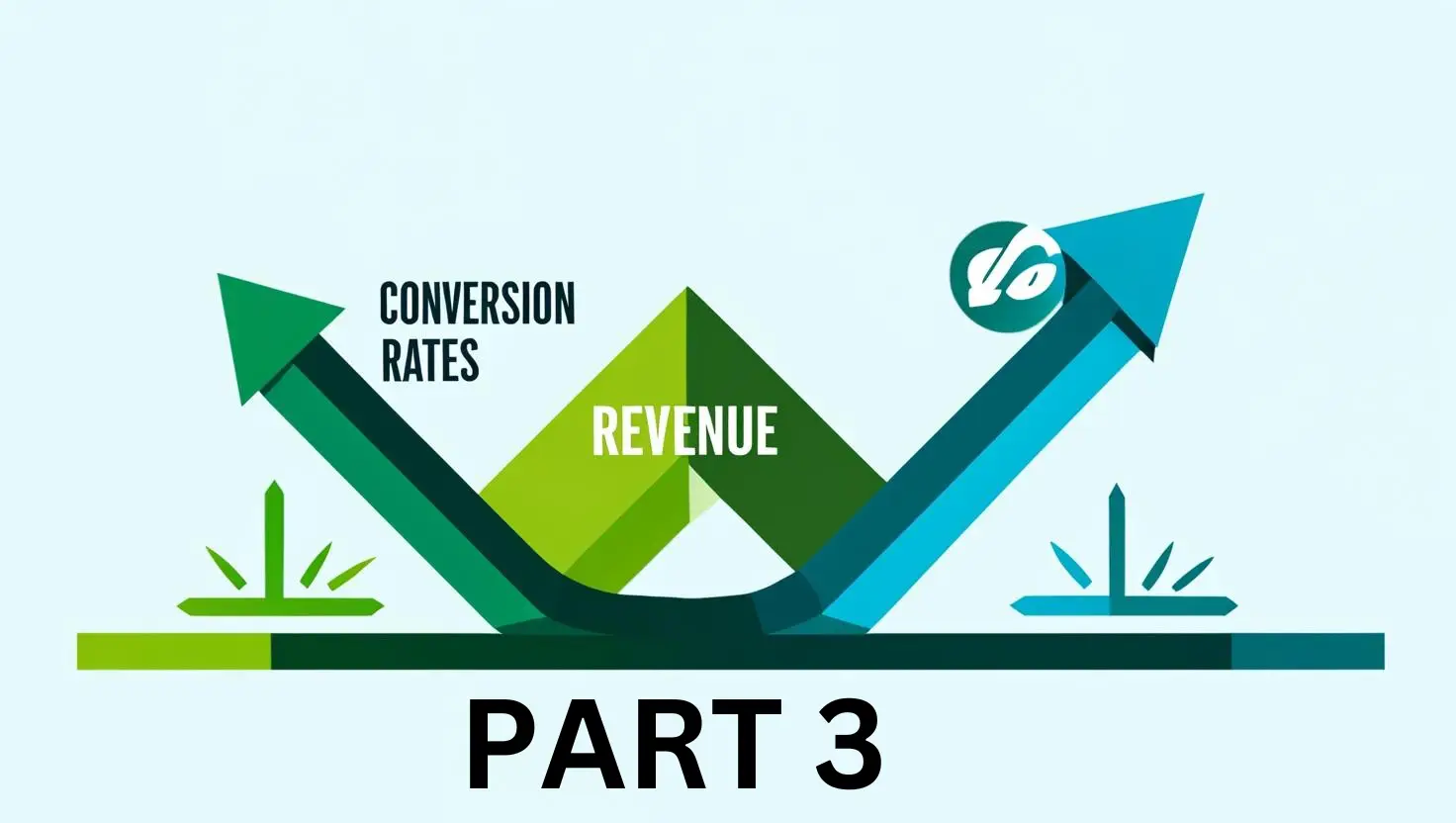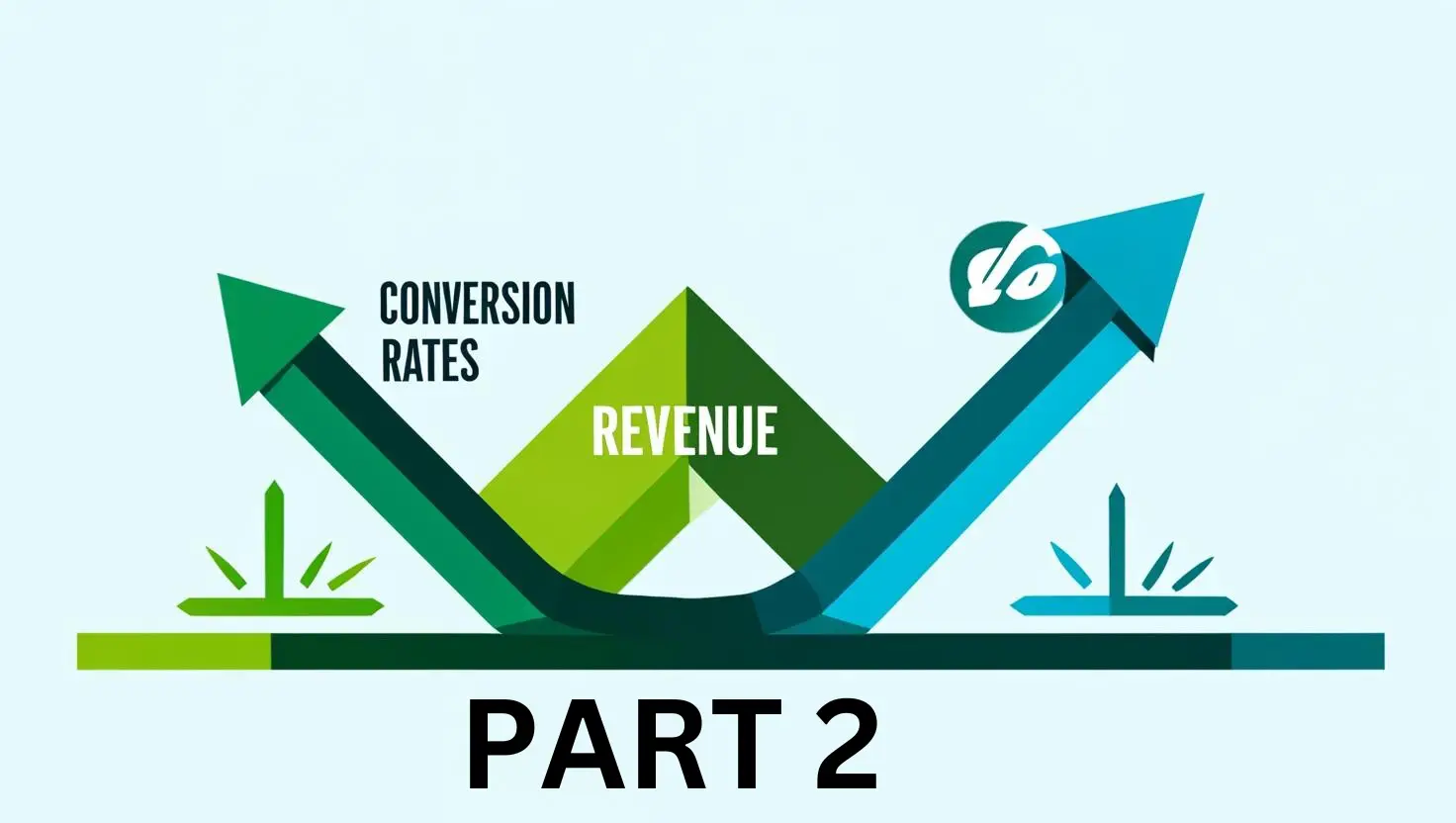As a digital marketing professional, you understand the power and potential of affiliate marketing. However, your bosses in the C-Suite might not be as educated on the value or even familiar with this specific marketing discipline.
Let's face it – you need their buy-in to make sure getting this initiative off the ground is a success. So, it’s best to be fully prepared to answer a lot of questions. Here are some key points that you’ll want to address to help C-suite executives evaluate the potential of running an in-house affiliate program.
Objectives
- Business Goals: You’ll want to define the primary objectives of the affiliate program. Is it to increase sales, expand market reach, build brand awareness, or foster customer loyalty? It could be a combination of many or all.
- KPIs: No one in management is going to approve a new marketing effort without understanding how its success will be measured. Establish key performance indicators (KPIs) to measure the program's success, such as revenue growth, number of active affiliates, conversion rates, and customer acquisition costs. These KPIs should reflect your stated goals and objectives. There should also be specific milestones (short and long-term) for hitting certain goals so the program can be evaluated and tweaked if necessary.
Costs
- Initial Setup Costs:
- Technology: Technology is a big part of what makes this initiative work. If doing affiliate management in-house, you’ll be investing in affiliate management software and tracking tools. This includes initial purchase, customization, and integration costs as well as monthly network fees. The one-time costs of investing in these tools can be far less than the ongoing fees (which can range from $3,000 to $8,000 on average) of hiring an agency to run the affiliate program.
- Legal: Of course, your legal team will be needed to draft contracts, terms of service, and compliance with regulatory requirements. However, this is a one-time cost, although once a year these legal docs should be reviewed and revised, if needed.
- Marketing Materials: The program will require creating banners, links, and other promotional content for affiliates. Depending on how promotional your brand is, the creation of these assets shouldn’t be a significant cost or time burden on the creative team, which can easily adapt collateral to work within the various specific parameters that are required.
- Operational Costs:
- Salaries: Depending on the size of the program, you’ll likely need a single person to oversee it daily. Often, the employee responsible has additional duties such as email or search. Initially, this might only require a shift in duties for existing personnel. However, hiring a dedicated affiliate manager is likely to help the program achieve goals and grow more quickly.
- Training: It may be necessary to educate some staff on managing affiliates, tracking performance, and handling payments. This could include the cost of online courses (there is also a lot of free information out there). It can also include the cost of travel to conferences to achieve additional knowledge.
- Ongoing Technology: Maintenance and updates for affiliate tracking software and payment processing systems.
Resources
- Human Resources:
- Program Manager: Responsible for overall strategy and execution.
- Affiliate Managers: To recruit, manage relationships with affiliates, and ensure their needs are met.
- Tech Support: To handle the integration and maintenance of affiliate tracking software.
- Creative Team: For developing marketing materials and campaigns.
- Technological Resources:
- Affiliate Management Software: Reliable and scalable software to track performance, manage payouts, and monitor compliance.
- Analytics Tools: To measure program effectiveness and ROI.
- Marketing Resources:
- Content Creation: For creating promotional materials, newsletters, and updates for affiliates.
- Training Modules: To educate affiliates on your products and promotional strategies.
Deliverables
- Recruitment Strategy: A detailed plan to attract and sign up high-quality affiliates.
- Onboarding Process: A seamless system for integrating new affiliates, providing them with necessary resources and training.
- Affiliate Portal: A user-friendly interface where affiliates can track their performance, access marketing materials, and manage their accounts.
- Payment System: Efficient and timely payment processes for compensating affiliates.
- Regular Reporting: Detailed and transparent reports on affiliate performance, payouts, and program ROI.
Running an in-house affiliate program can offer greater control and potentially higher margins compared to outsourcing. However, it requires significant investment in resources, technology, and ongoing management. By carefully planning and executing the program with clear objectives and robust support systems, an in-house affiliate program can become a powerful driver of growth for the business. Getting buy-in from your bosses, and other stakeholders through education on the value of performance channel will ensure success.


